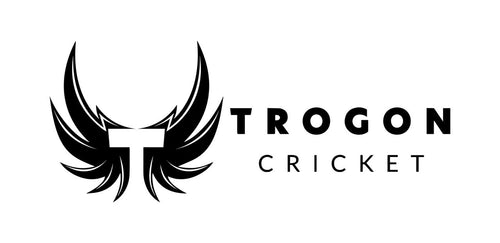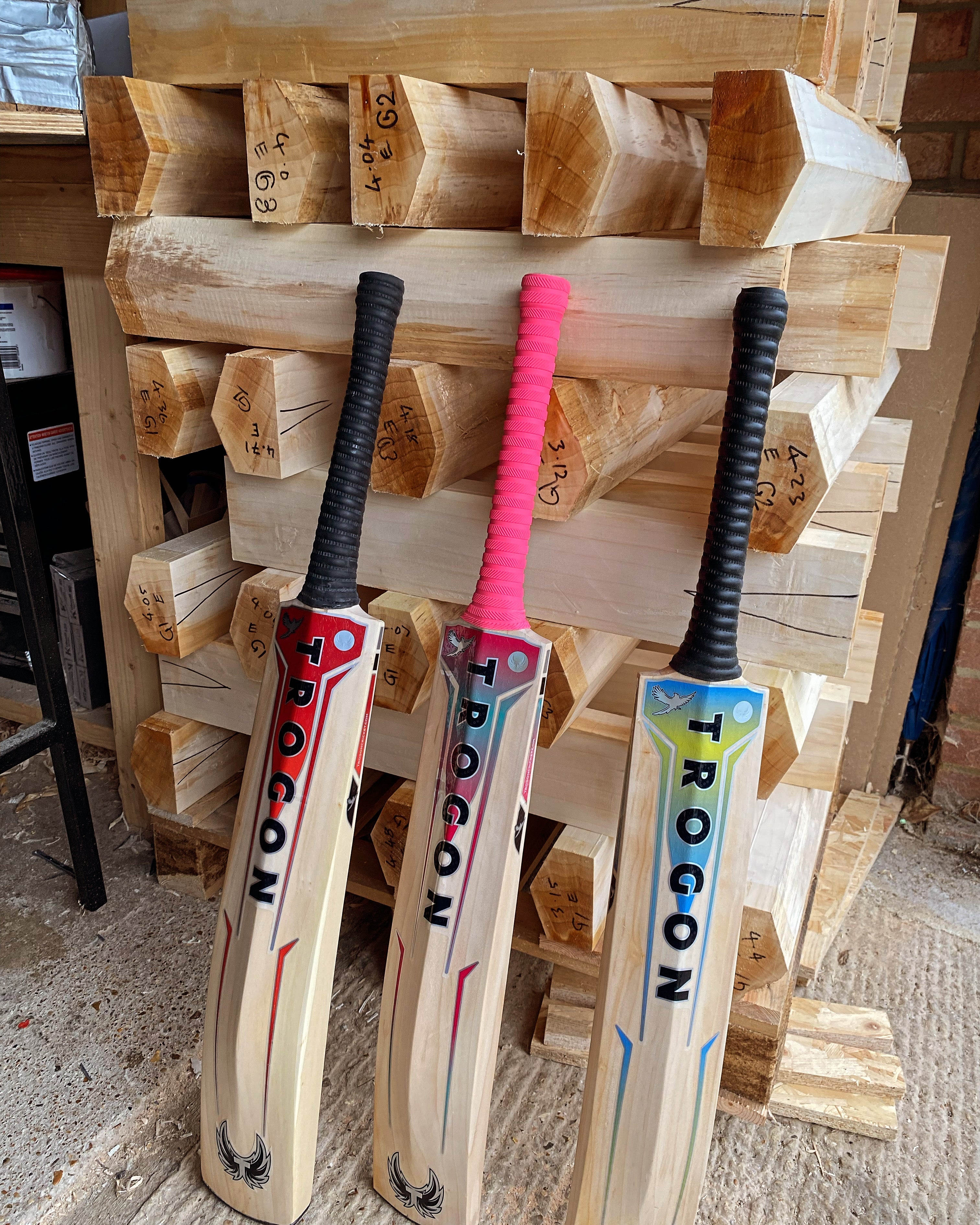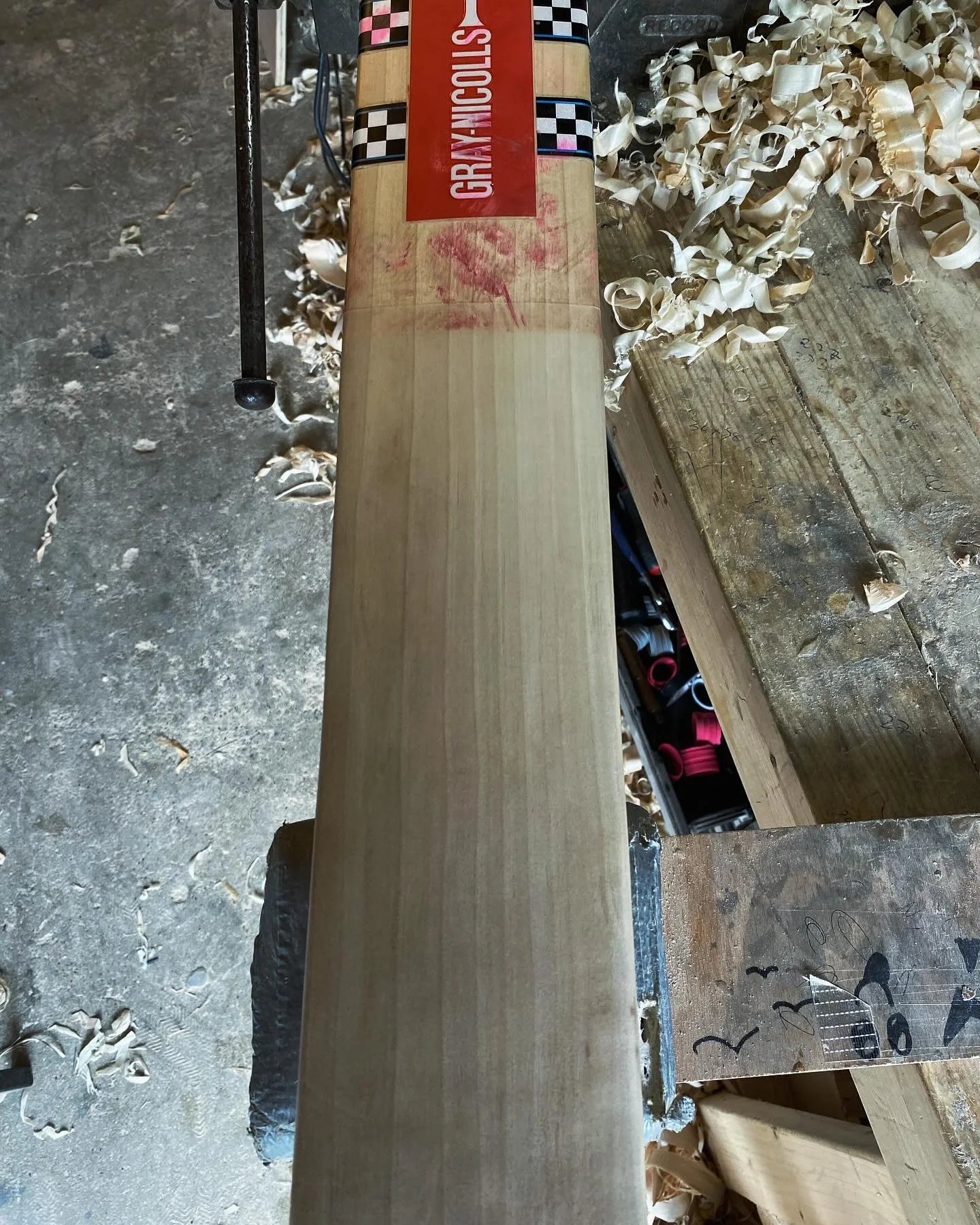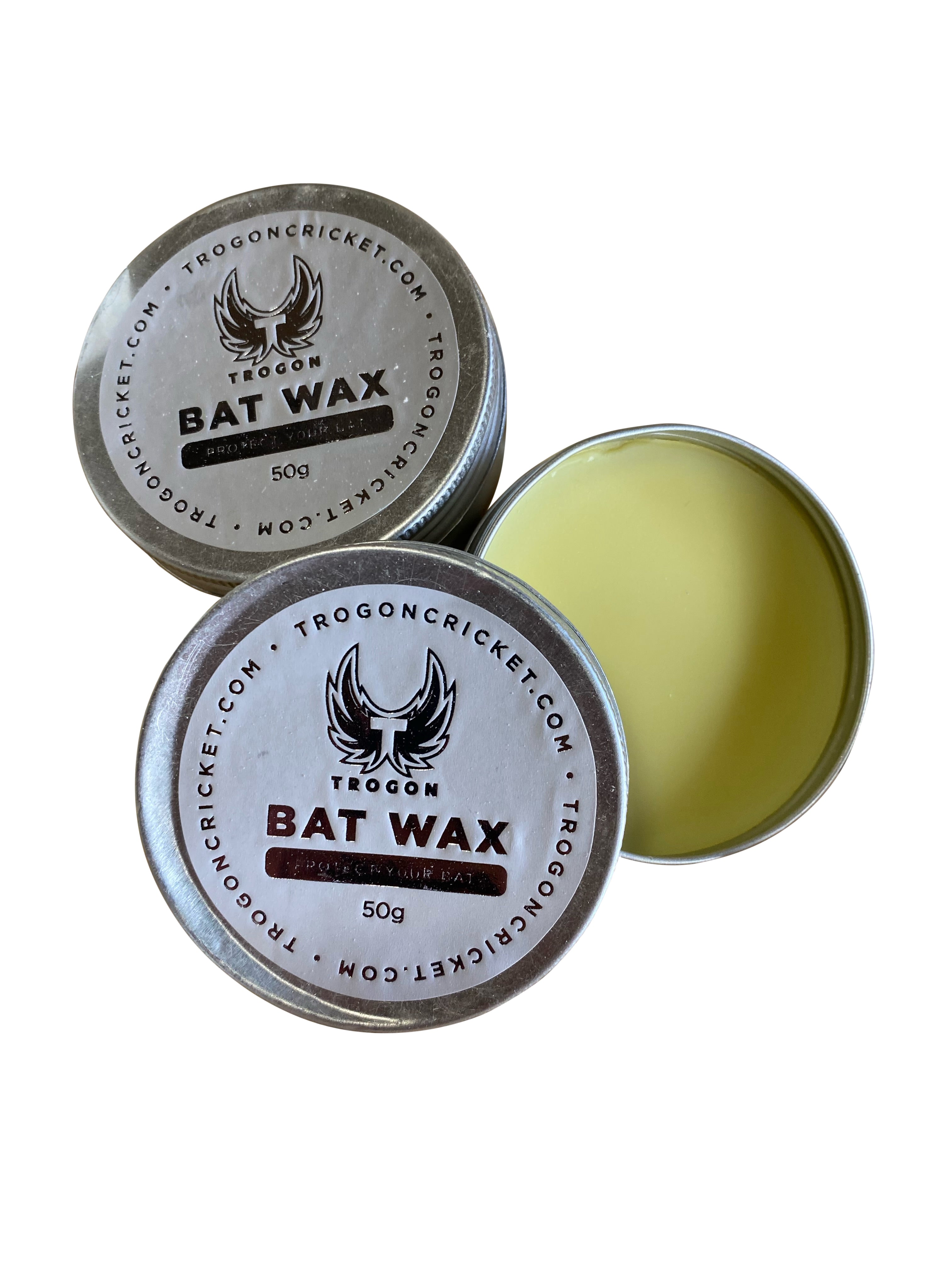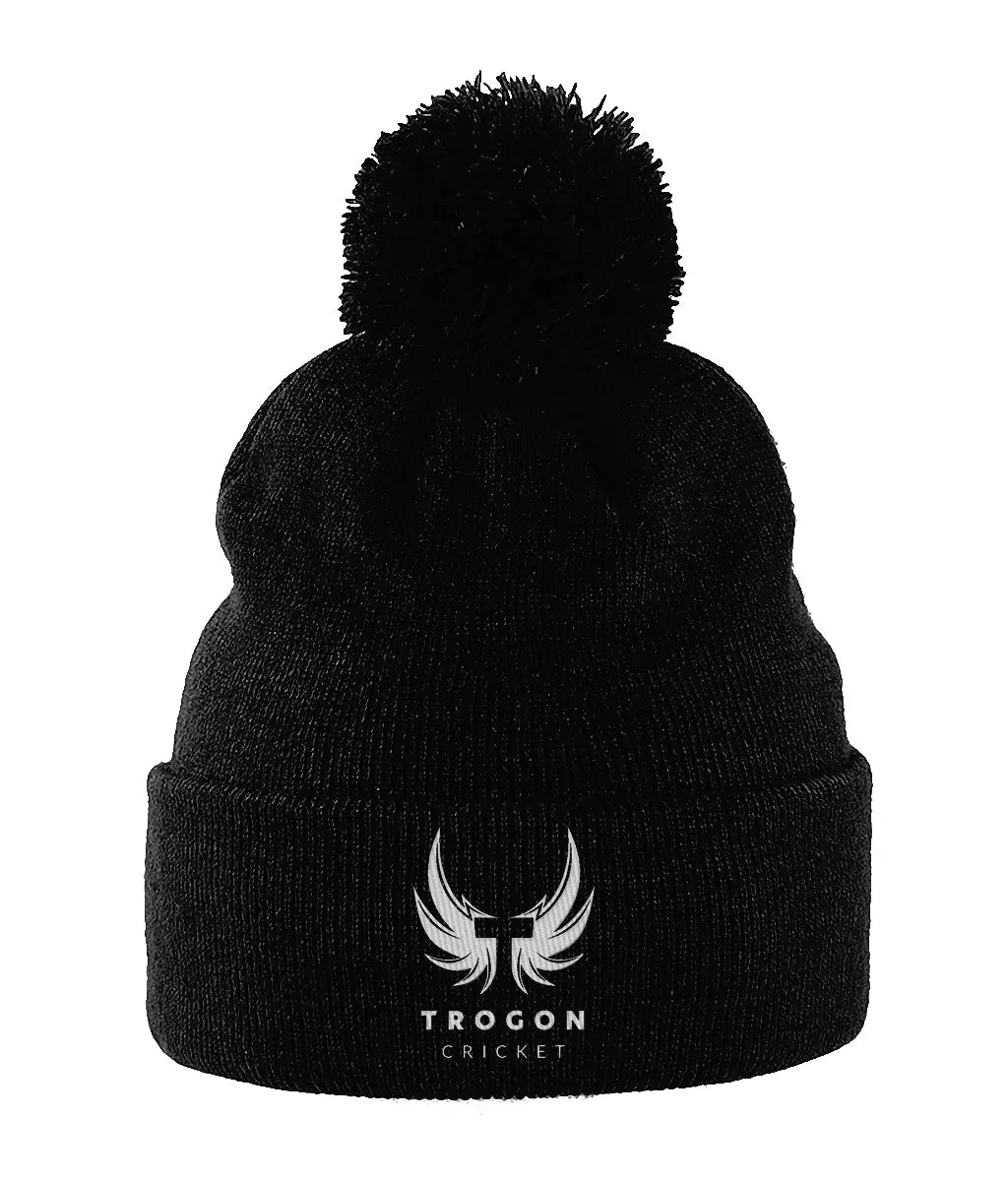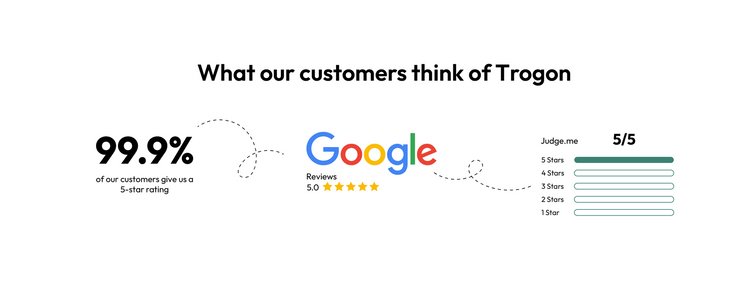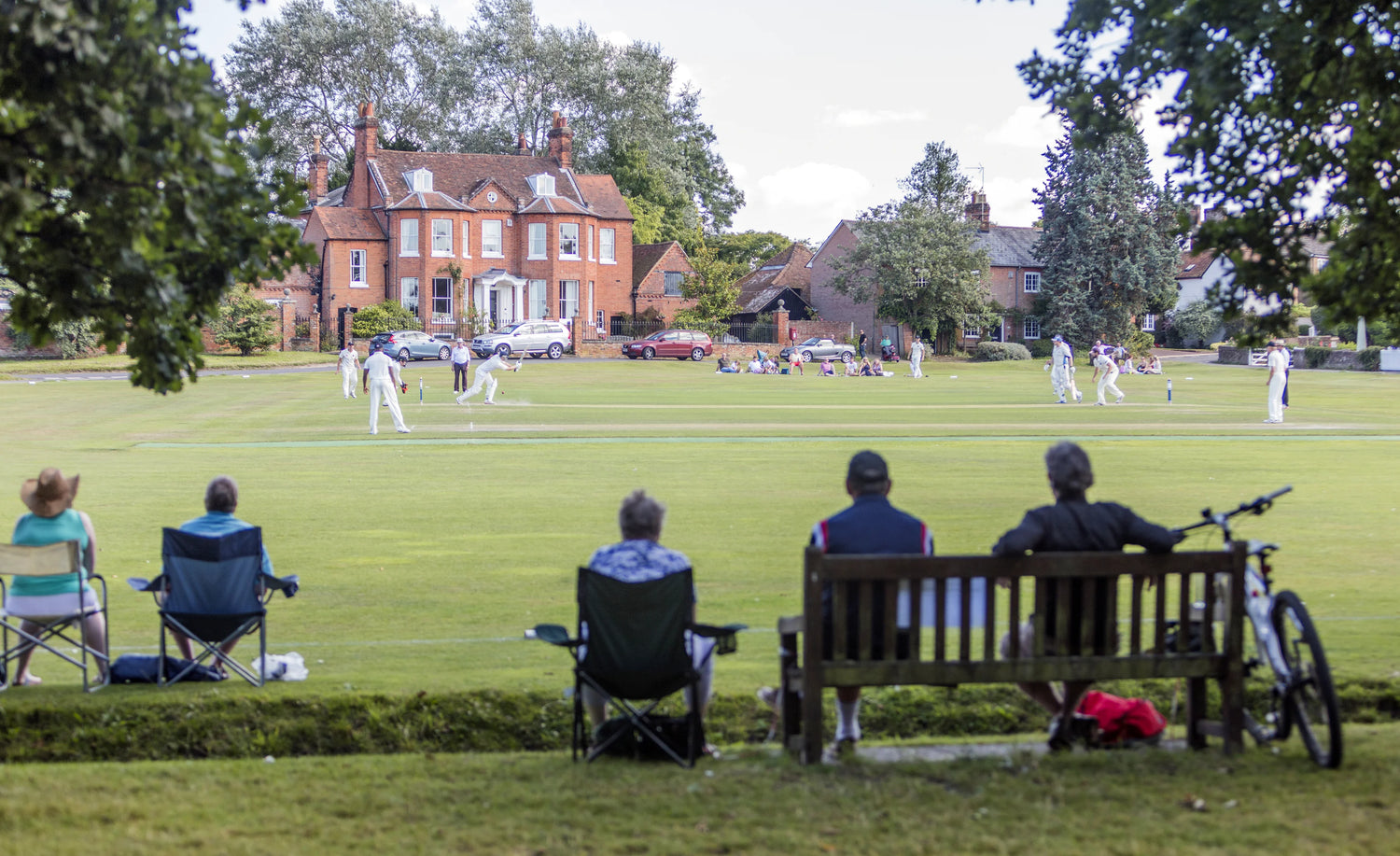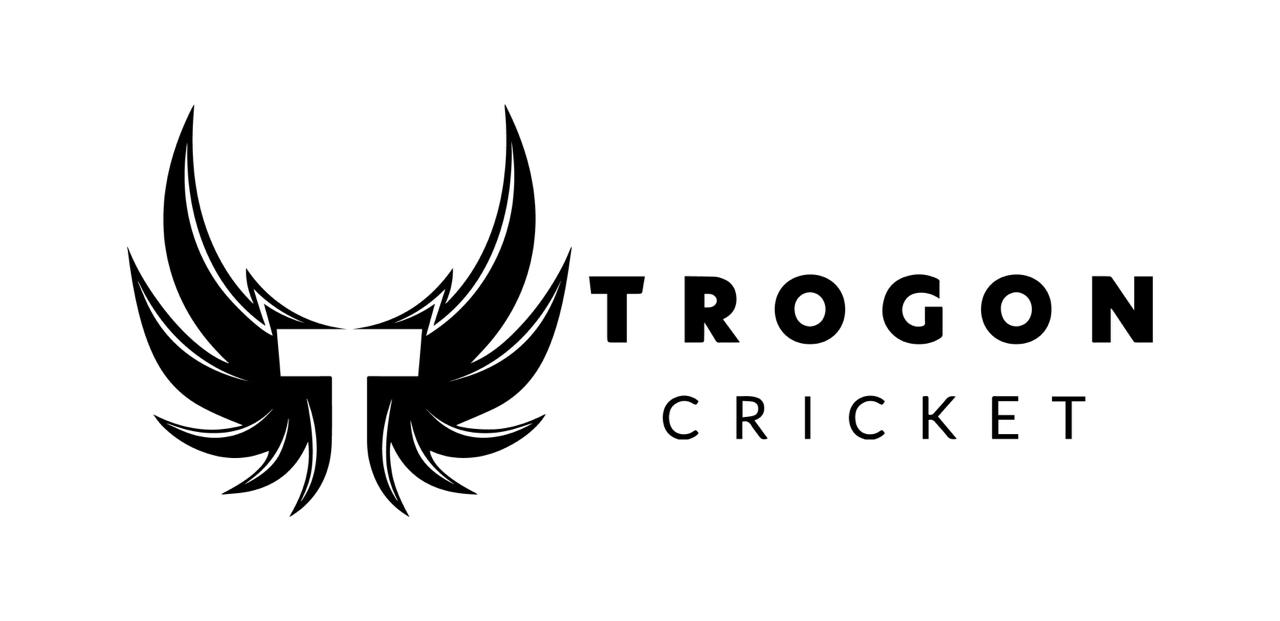When I first ventured into the world of cricket bat making and custom-made cricket bats, it was driven by a passion for the game and a fascination with the craftsmanship that goes into every single shot a batter plays, from little nurdles around the corner to smashing the ball over the in-field, I wanted to know what made a great cricket bat.
Today, as a proud small business owner specialising in custom-made cricket bats, my mission is to blend tradition with personalisation, ensuring that every player has a bat that feels like an extension of their arm, so when they get to the crease, they have confidence that their cricket bat will perform just as they want it to.
So, how are Trogon cricket bats made? Let’s have a deeper look at the processes I use to craft all our Trogon cricket bats.
Continue reading to gather all the necessary information.
What is a Custom-Made Cricket Bat?
A custom-made cricket bat is a specially tailored cricket bat crafted to meet the individual needs and preferences of a player.
It involves selecting high-quality English willow and using traditional craftsmanship techniques to shape the bat according to the player's style, physique, and batting technique. Customisation can include unique designs and specific shapes, middle position, toe shape, and pick-up; all these elements contribute to ensuring the cricket bat feels exactly as the player requires, enhancing their performance.
Are all cricket bats handmade?
Not all bats are entirely handmade. Many mass-produced bats are machine-pressed or partially machine-shaped to save time. At Trogon, however, every cricket bat is pressed, shaped and finished by hand; this ensures attention to detail that machines can’t replicate.
Handmade Cricket Bats: A Tradition Worth Preserving
In an era of industrial production and automated processes, the beauty of handmade cricket bats stands unparalleled, and it is something we are incredibly proud of at Trogon.
Each cricket bat, crafted by hand, tells a tale of dedication, precision, love, and artistry. It's not just about creating a tool for the game; it's about forging a bond between the player and their cricket bat.
Every knock, every grain, and every curve is a testament to countless hours of meticulous work, ensuring a product that's not only efficient but also deeply personal, something I have personally experienced with every custom-made cricket bat I have used.

The above image shows a selection of the traditional tools we use at Trogon to shape our cricket bats.
Choosing the Foundation: The Wood
The journey of creating a cricket bat begins with selecting the perfect English willow cleft. The quality of the willow determines the bat's performance, longevity, and feel.
English willow is renowned for its lightweight nature and robust performance; it is the choice of professionals and cricket players throughout the country, from Grade 3 up to Players Grade, being the most expensive but the best-performing willow.
However, the selection process goes beyond just the clefts I have in storage. The number of grains, moisture content, age of the wood, and starting weight of the cleft are all crucial factors.
In our workshop, we go through hundreds of willow clefts, selecting only those that meet our rigorous standards for our custom-made cricket bats and our stock bats.
Which cricket bats are made in the UK?
Several traditional makers, like Chase and Grey-Nicolls, and GM, still produce bats in the UK. At Trogon, we proudly continue this tradition in our West Sussex workshop, using carefully sourced English willow and time-honoured methods.
Artisanal Cricket Bat Shaping: Crafting with Precision
With the perfect cleft in hand, the art of artisanal cricket bat shaping begins. This is where the craftsman’s experience shines.
Using a blend of traditional tools and modern techniques, the wood is carefully shaped, taking into account the batter's style, preference, and physique, which are all discussed during the consultation before we begin making the bat.
The Consultation: Crafting a Cricket Bat Around You
Before we begin making a custom-made cricket bat, we take the time to sit down with each player for a detailed consultation.
This conversation is all about understanding your game, your height, weight, batting style, strengths, and the areas you’d like to improve.
We discuss preferences such as bat weight, balance, sweet spot position, and handle thickness, ensuring the finished bat feels natural in your hands and the pick-up is precisely what you want.
Every curve, every edge is carved with the player's needs in mind. Whether you are a front-foot player or someone who loves pulling and hooking, the bat is shaped to enhance your natural strengths and batting technique.
Here's a rundown of the primary tools used in making a cricket bat:
-
Drawknife: A traditional tool, the drawknife is used to strip off large pieces of wood from the cleft and give it an initial bat-like shape. It's a two-handled blade that is "drawn" toward the craftsman.
-
Spokeshave: Similar to a drawknife but smaller, a spokeshave enables more precise shaping, particularly around the shoulders and toe of the bat.
-
Travisher: A tool primarily used for scooping out or carving concave surfaces, the travisher is particularly useful for refining the back of the bat. With its curved blade, it helps achieve the desired concavity in the bat, which aids in weight reduction while maintaining the bat's strength.
-
Bench Plane and Jack Plane: These are used to refine the bat's shape further, ensuring its surfaces are even and smooth.
-
Band Saw: Modern bat-making workshops often use band saws for the initial rough shaping of the bat from the cleft and to remove excess wood.
-
Rasps and Files: These are employed for fine-tuning the shape, especially in the handle region and the edges of the blade.
-
Vice: A sturdy vice holds the bat securely in place while it's being worked on, especially during the drawknife and spokeshave stages.
-
Sanding Machines and Sandpaper: These are crucial in the finishing stages. They smooth out the bat, ensuring it's ready for oiling and polishing. Both hand sanding and machine sanding might be used.
-
Mallet or Hammer: This tool is used to "knock-in" the bat. Knocking-in is a process of hardening the face of the bat by repeatedly striking it. This prepares the bat for the impact of a cricket ball. Here at Trogon, we also use machine knocking-in.
-
Grip Applicator: This tool, also known as a grip cone, helps slide the rubber grip onto the bat's handle. We also use a new electric gripping tool that has certainly helped.
-
Bone or Burnisher: A polished bone or similar tool is sometimes used to finish and seal the edges of the bat, ensuring they're robust and less likely to crack.
-
Oiling Brushes: Brushes are used to apply linseed oil or special cricket bat oil to the bat. Oiling helps maintain the wood's moisture levels, ensuring its longevity.
These tools, combined with the expertise and know-how, result in a cricket bat that is both a piece of art and a high-performing cricket bat that will do you well.
How to tell if a cricket bat is the right size?
Cricket bat size depends on the player’s height and age. Juniors use bat sizes 1–6 (although we only stock sizes three and up, and then adult sizes), while most adults use a “short handle” bat.
In our consultations, we help players find the perfect size and weight so the bat feels like a natural extension of their body (as much as possible).
A variety of tools are employed in the process, ensuring that the cricket bat is not only practical in its performance but also aesthetically pleasing.
Shaping decisions has a significant impact on performance:
-
A higher spine adds more power in the middle of the bat and also reduces the pick-up weight.
-
Thicker edges provide forgiveness for mistimed shots.
-
Low sweet spot suits front-foot players who drive a lot, while a mid-to-high sweet spot benefits back-foot players who cut and pull. However, with different sweet spot positions come different pick-up weights.
How heavy should a cricket bat be?
Most bats weigh between 2lb 7oz and 3lb. A lighter bat suits quick players who rely on timing, while heavier bats are perfect for power hitters.
Is it better to have a lighter or heavier cricket bat?
It depends on your style. Top-order players often prefer lighter, balanced bats for quicker reaction times, while middle-order hitters may choose heavier bats to clear the ropes, but the choice needs to be entirely yours based on how you bat.
Wood Carving Techniques for Bats: The Legacy Continues
The carving of the cricket bat is where tradition truly plays its part. The wood carving techniques for cricket bats have been passed down through generations, and at Trogon, we are proud to continue supporting these traditions in our bat-making process.
It's a delicate balance of removing enough wood to make the bat lightweight, yet leaving enough to ensure its power, understanding where the wood can be removed from, how much to leave around the splice and shoulders to make sure the bat is still incredibly strong, these all come from years of understanding how to make cricket bats and we take these with us when making our custom made cricket bats.

The above image shows me using a traditional drawknife to remove most of the wood before I start using the more intricate tools for the shaping.

The above image shows me using a traditional drawknife to shape the shoulders of the cricket bat.
Quality Bat Finishing Processes: The Final Flourish
After hours of shaping and carving, the bat moves to the finishing stage. Here, quality bat finishing processes come into play.
The bat undergoes multiple sandings using different grits to smooth out any rough edges and ensure a sleek, professional finish. It's then oiled to nourish the wood and maintain its moisture levels, preserving its longevity. Finally, a polish gives it a glossy, professional finish.
One of the most important parts of finishing is knocking in. This process compresses the fibres on the face of the bat, allowing it to withstand the impact of a hard cricket ball.
Without proper knocking-in, even the best willow can crack early, and if you want to keep the bat for season after season, then hours of knocking-in are required. We recommend nearly 6 hours of knocking-in and then facing 100+ bowling machine balls, then your new customised cricket bat will be ready.
How long do cricket bats last?
A cricket bat can last anywhere from one season to several years. On average, with proper care, a cricket bat lasts 2–3 seasons. Longevity depends on how often it’s used, how well it’s prepared (oiling and knocking-in), and how it’s stored.
Conclusion
In the heart of our workshop, the ethos of cricket bat craftsmanship is alive and well.
Each of our custom-made cricket bats represents a confluence of tradition, personalisation, and performance. As a small business owner, my commitment is to ensure that every cricketer, whether an aspiring young talent or a seasoned professional, experiences the magic of playing with a bat that feels truly theirs.
A well-made custom bat does more than look and feel good; it enhances performance every time you step to the crease.
The right weight and balance make timing shots easier, while a sweet spot tailored to the player’s style improves consistency. A comfortable handle reduces fatigue during long innings, and above all, knowing the cricket bat was made just for you provides unmatched confidence at the crease.
To all the passionate cricketers out there, I invite you to explore the world of custom-made bats. Experience the difference, feel the connection, and elevate your game to new heights with Trogon Cricket. After all, when every run counts, ensure you have a cricket bat that understands you, made just for you.
10 Key Things to Know About Handmade Cricket Bats
A recap: Handmade cricket bats aren’t just pieces of equipment. They’re the result of careful willow selection, expert craftsmanship, and personal attention to detail.
From shaping and balance to custom finishes and durability, every element is designed with the player in mind.
The list below highlights the key reasons why choosing a handmade bat, like those we craft at Trogon, can make such a difference to your game.
-
Not all bats are handmade – Machines shape many mass-produced bats, but true craftsmanship comes from skilled bat makers finishing every detail by hand.
-
English willow is the gold standard – Light, strong, and responsive, English willow offers the best performance compared to alternatives like Kashmir willow.
-
Grain count matters – Straight, even grains on the blade often indicate better quality willow and improved longevity.
-
Size and weight must match the player – A bat that’s too heavy or long can affect timing and comfort. Choosing the right size and weight is crucial.
-
Sweet spot placement changes performance – Low sweet spots favour front-foot players, while mid-to-high spots suit back-foot hitters, is the general rule.
-
Handcrafted shaping makes all the difference – From spines to edges, the maker adjusts the profile to complement the player’s natural game.
-
Knocking-in is essential – Without this preparation, even the best cricket bat can crack early. Proper knocking-in strengthens the wood fibres.
-
Customisation makes it personal – From handle thickness and grip style to mid position and toe shape, handmade bats can reflect a player’s personality and style.
-
Care determines lifespan – With good maintenance (oiling, storing correctly, avoiding damp conditions), a bat can last 2–4+ seasons.
- Authenticity builds trust – Buying from a trusted maker like Trogon ensures your bat is genuine, crafted with integrity, and designed to last.
Playing Our Part in Your Cricket Story
We know that cricket is more than just a game; it’s a passion, a community, and a lifetime of memories. That’s why every Trogon bat is made with care, dedication, and pride. We see our role as more than just bat makers; we’re part of your cricket journey.
From the first knock in the nets to the biggest innings of your career, we want to be there with you.
Choosing Trogon means choosing a bat made with honesty, integrity, and the same love for the game that you carry to the crease.

Trogon Product Guarantee
When you buy from Trogon, you’re covered by our 6-month bat guarantee. If your bat cracks or breaks within that period and has been knocked in correctly, we’ll replace it with a new one, simple, fast, and hassle-free. Combine that with your statutory online protections, and you can shop with total peace of mind.
